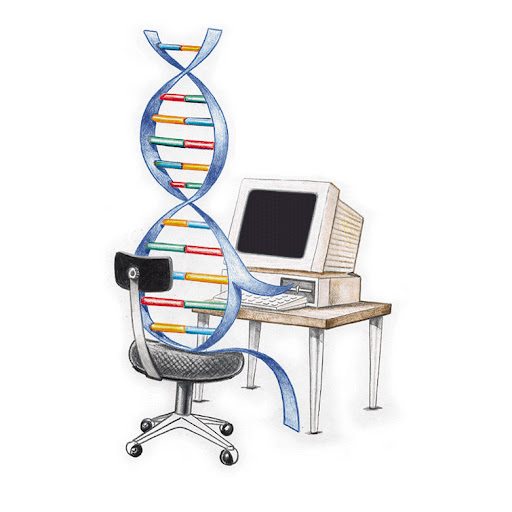Research
Our research primarily focuses on the following topics:
- Multi-Objective Optimization.
 Many real-world applications involve multi-objective optimization problems, such as developing models that are both accurate and fair,
designing agents that are powerful yet energy-efficient, and discovering drug formulations that meet multiple criteria.
However, these objectives often conflict with each other, making it impossible to optimize all of them simultaneously
with a single solution. Our group strive to develop innovative multi-objective optimization techniques borrowing ideas
from evolutionary computation, traditional mathematical programming, and machine learning…
see here for more.
Many real-world applications involve multi-objective optimization problems, such as developing models that are both accurate and fair,
designing agents that are powerful yet energy-efficient, and discovering drug formulations that meet multiple criteria.
However, these objectives often conflict with each other, making it impossible to optimize all of them simultaneously
with a single solution. Our group strive to develop innovative multi-objective optimization techniques borrowing ideas
from evolutionary computation, traditional mathematical programming, and machine learning…
see here for more.
![]()
- Automated Algorithm Design w/ LLMs.
Automated algorithm design (AAD) is a prevalent and highly important domain, as design-dependent algorithms
are used in a plethora of very different areas. Determining which algorithms and/or their parameters to choose for
each given problem is a task that is infeasible to solve in this magnitude solely by humans.
Computers can greatly assist in this process in a multitude of ways. The advent of Large Language Models (LLMs) has
notably enhanced the automation and innovation within this field, offering new perspectives and promising solutions.
Over the past three years, the integration of LLMs into AD has seen substantial progress,
with applications spanning optimization, machine learning, mathematical reasoning, and scientific discovery….
see here for more.
- Evolutionary Computation.
 Evolutionary Computation (EC) is a family of optimization algorithms gleaned from biological evolution.
These algorithms emulate natural processes such as mutation, recombination, and selection to iteratively evolve
a population of solutions. Key members of this family include genetic algorithm, genetic programming,
and evolution strategy. Over the years, EC has been successfully applied to a variety of domains,
including engineering optimization, autonomous agents, and machine learning…
see here for more.
Evolutionary Computation (EC) is a family of optimization algorithms gleaned from biological evolution.
These algorithms emulate natural processes such as mutation, recombination, and selection to iteratively evolve
a population of solutions. Key members of this family include genetic algorithm, genetic programming,
and evolution strategy. Over the years, EC has been successfully applied to a variety of domains,
including engineering optimization, autonomous agents, and machine learning…
see here for more.